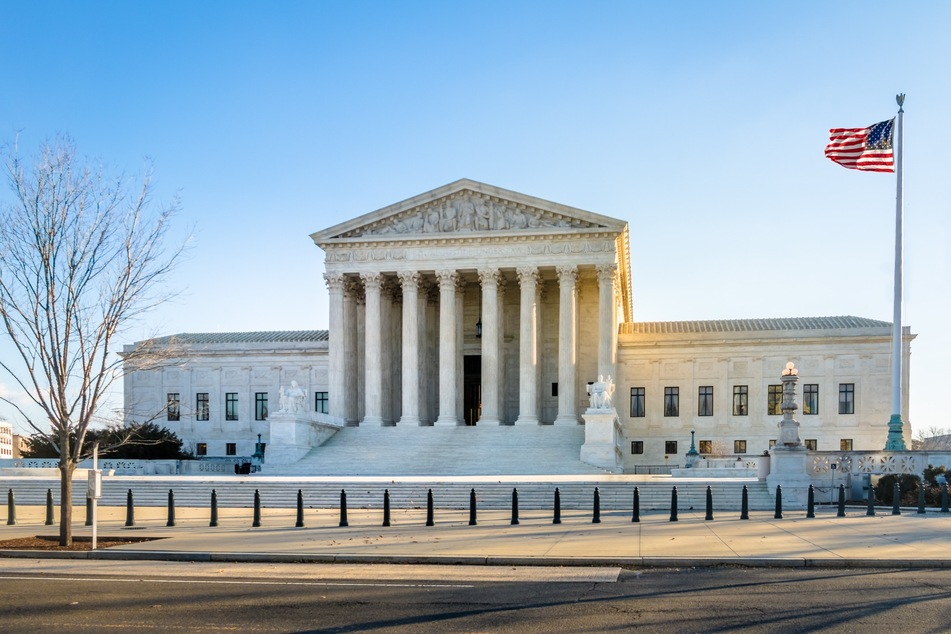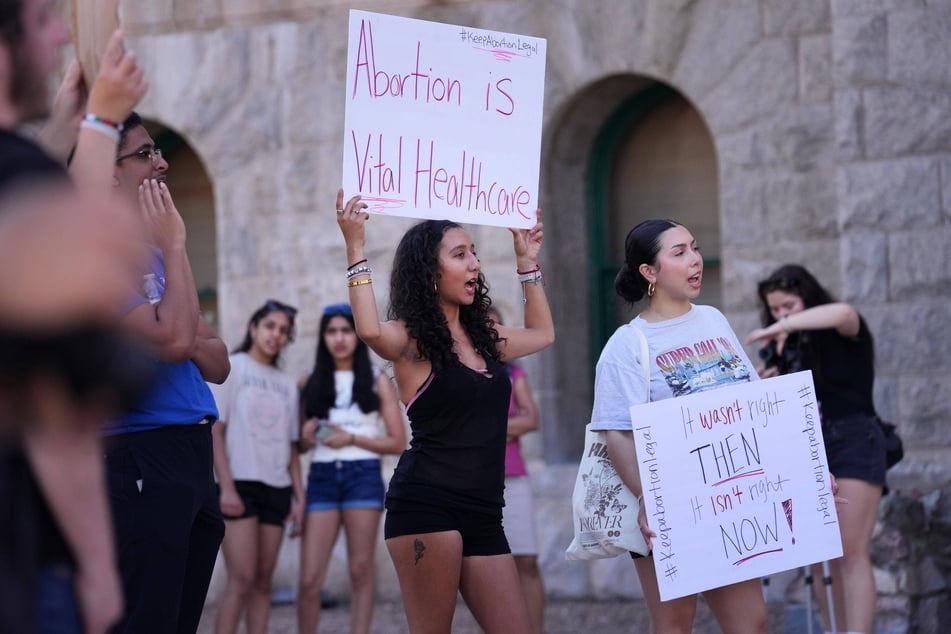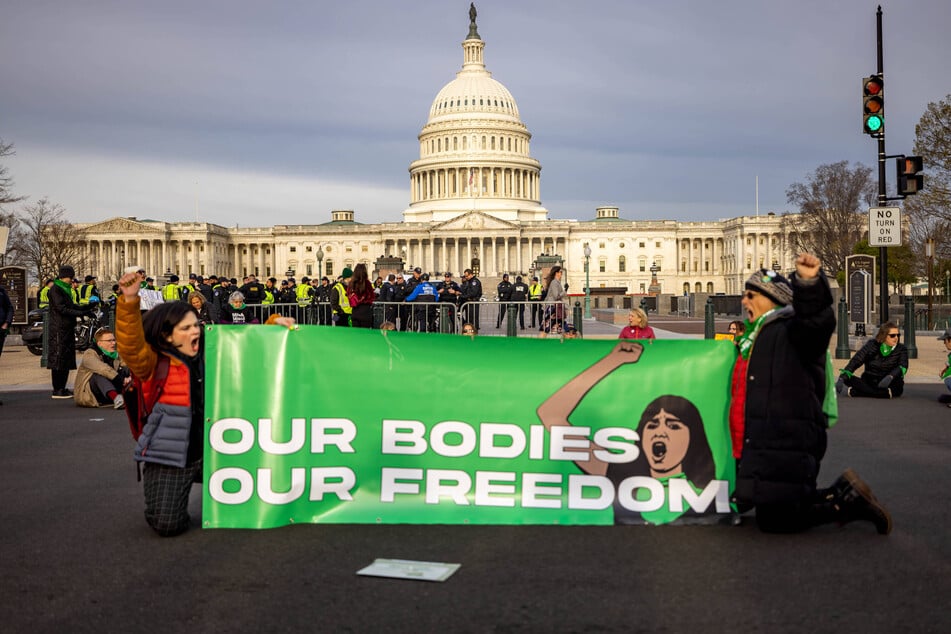Supreme Court showdown of Idaho abortion ban vs. federal emergency care law: Explained
Washington DC - On Wednesday, the Supreme Court will hear a case about whether Idaho has to abide by the federal law that requires hospitals to offer emergency care, including abortions.

Abortion is back at the Supreme Court. What's at stake?
The case, Idaho v. United States and Moyle v. United States, is effectively a showdown between the Biden Administration and the 22 conservative states that have enacted abortion bans. The bans have come following SCOTUS' 2022 decision to overturn Roe v. Wade, which guaranteed a constitutional right to abortion, and left it up to each state to decide.
The question at stake this week is: Can Idaho ignore the federal Emergency Medical Treatment and Labor Act (EMTALA) and enforce its total abortion ban even when a pregnant person requires an abortion in an emergency?
In other words: Does Idaho's state abortion ban supersede or preempt the federal law about emergency care, which in some situations would require an abortion as a stabilizing measure, and is abortion care part of EMTALA?
With this case, SCOTUS will get its first chance to weigh in on the state laws restricting abortion since they erased the federal right to abortion in 2022. It comes a month after the court heard a challenge to the use of a common abortion drug, and Arizona allowed a near-total abortion ban from 1864 to go into effect.
What is EMTALA - the federal law that requires emergency care?

EMTALA, passed in 1986 during the Regan Administration, was created to protect patients who came to hospitals in need of emergency care, including those pregnant, and curb the practice of patient dumping.
Before the law, it was common for private hospitals to push uninsured patients to public hospitals despite the urgency of their needs.
The federal law requires Medicare-participating hospitals to offer stabilizing treatment to any patient with an emergency condition that threatens their life or future health. The 40-year-old law created a national minimum care standard for hospitals across the US.
In July 2022, after multiple abortion bans went into effect in conservative states following the fall of Roe, the Biden Administration along with the Department of Health and Human Services (HHS) reminded hospitals they are obligated to comply with EMTALA.
They contend that the law includes abortion care and is preemptive of state laws that do not include exceptions for the life of the pregnant person.
The clash between EMTALA and Idaho law puts doctors in Catch-22

Idaho officials have said their near-total abortion ban reflects the will of state residents and accuse the Biden administration of unlawfully trying to override their legislation.
Four OB-GYNs, including Dr. Lauren Miller, a maternal-fetal medicine specialist, signed an Amicus Brief on behalf of the Biden administration's case. They claim Idaho's take – to not include abortion services as part of EMLATA care – has put medical ethics at odds with the law.
"It's an impossible position for physicians and any provider to be stuck in and a terrible position to be in," Dr. Miller told CBS News. "If you act too soon, you're a felon, and if you act too late, the patient could die or be permanently injured."
Doctors convicted of performing what Idaho calls a "criminal abortion" could face between two and five years in prison and the suspension or revocation of their license.
Per a report from the Idaho Physician Well-Being Action Collaborative, Idaho has lost at least 22% of its OB-GYNs since August 2022, when its abortion ban went into effect.
Abortion rights groups say EMTALA is more important than ever

If SCOTUS sides with Idaho and other conservative states, the risk for pregnant patients will likely get worse, according to the Guttmacher Institute, a research group that supports abortion rights.
"EMTALA's importance has only increased as the United States reckons with a health care crisis in the wake of the Dobbs decision, yet Idaho lawmakers are intent on removing protections for pregnant people," said acting co-CEO of the Guttmacher Institute Destiny Lopez in a statement. The organization has also filed an Amicus Brief.
"At its core, this decision will reflect who we are as a society," she added. "Are we okay with requiring pregnant individuals who face severe complications to suffer life-threatening health consequences rather than granting them access to abortion?
"The Supreme Court needs to recognize that EMTALA is there to protect the health and life of any pregnant person needing an abortion in a medical emergency."
SCOTUS will hear arguments on the clash between Idaho's abortion band and EMTALA on April 24. The court expected to issue its ruling at the end of its term in June
Cover photo: 123rf/diegograndi

